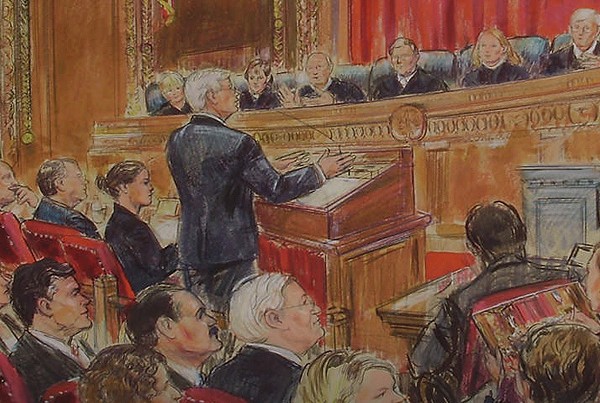Case Summary
PepsiCo v. Central Investment Corp. Case No. C 1 98 389 (S.D. Ohio) (Beckwith, J.) was a major defense victory in a virtual David and Goliath struggle between an independent Pepsi Cola bottler and PepsiCo, Inc., a Fortune 100 corporation. As usual, Helmer, Martins, Rice & Popham Co., L.P.A. represented the David in the lawsuit.
This was the first time in history that PepsiCo lost a lawsuit with one of its franchisees.
In 1998, PepsiCo sued one of its independent bottlers in an attempt to terminate the bottler’s perpetual rights to manufacture and distribute Pepsi Cola products. The independent bottler, Central Investment Corporation (“CIC”), had a 37 year history of stellar performance as a Pepsi Cola bottler, had entered into more than 200 agreements to manufacture, distribute, and sell Pepsi Cola branded soft drink products, and had invested hundreds of millions of dollars in developing the market for Pepsi products in its four exclusive territories in Ohio and Florida. PepsiCo’ s lawsuit to terminate CIC put the entire company at risk. But PepsiCo’s heavy handed lawsuit never made it to trial.
Instead, in an opinion entered on April 26, 2001, U.S. District Judge Sandra Beckwith granted the bottler’s motion for summary judgment on PepsiCo’s action to terminate the bottler’s perpetual appointments and entered summary judgment on the bottler’s counterclaim for declaratory judgment concerning its contractual rights to deliver Pepsi Cola branded syrups.
Things then got worse for PepsiCo. On May 11, 2001, the court denied PepsiCo’s motion for summary judgment on CIC’s counterclaims because of evidence that PepsiCo had taken various actions which were calculated to drive the profit out of CIC’ s fountain syrup business and to force CIC out of the soft drink business. CIC Decision On September 10, 2002, CIC brought additional claims against PepsiCo. This action was consolidated with CIC’s counterclaims from the prior action. The consolidated action was confidentially resolved in 2005. This was the first time in history that PepsiCo lost a lawsuit with one of its franchisees. PepsiCo’s entire action was thrown out, and the franchisee achieved a major victory through the declaration of its contract rights. In another unusual event, PepsiCo was sanctioned $103,000 for hiding relevant evidence. The rulings in PepsiCo v. CIC have ramifications for all franchised businesses and should give pause to franchisors who seek take back valuable franchises after franchisees have invested heavily in developing their territories.













